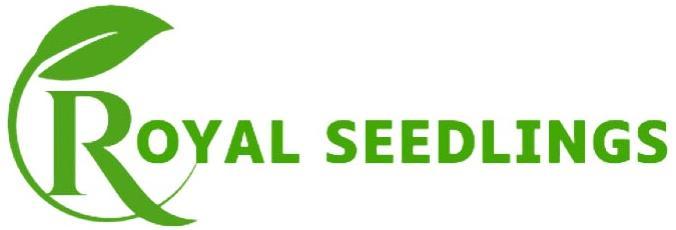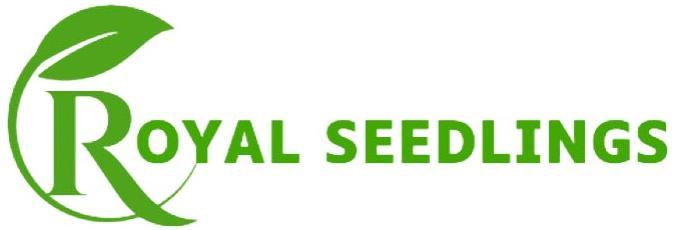Avocado farming has become increasingly popular in Kenya, with many farmers looking to cash in on the high demand both locally and internationally. However, successful avocado farming starts with selecting the right seedlings to plant. Choosing the right avocado seedlings is essential as it determines the crop’s potential yield, disease resistance, and overall performance. In this essay, we will outline the key factors to consider when choosing the right avocado seedlings to plant in Kenya.
Firstly, it is important to source seedlings from reputable nurseries or suppliers. Ensure that the nursery has a good track record of producing healthy and disease-free seedlings. A reputable nursery will have done proper research and implemented the best practices for avocado seedling production.
Secondly, consider the variety of avocado seedlings available. Kenya has several avocado varieties, with the Hass and Fuerte being the most popular. The choice of variety largely depends on market demand and personal preferences. It is advisable to consult with local agricultural experts or experienced farmers to identify the avocado variety that is most suitable for the specific region and market.
Next, assess the health and appearance of the seedlings. Look for seedlings that have vibrant green leaves, devoid of any discoloration or damage. Additionally, check for uniform growth, with no signs of wilting or stunted growth. Healthy seedlings indicate that the nursery uses good farming practices and offers proper care to its plants.
Furthermore, inquire about the age of the seedlings. Avocado seedlings are typically ready for planting when they are between 8 to 12 months old. Seedlings of this age are more likely to establish well and have a higher chance of survival. Avoid purchasing seedlings that are too young or too old, as they may have lower vigor and may not adapt well to the planting site.

Consider the root system of the seedling. Healthy avocado seedlings should have a well-developed root system, with several lateral roots and a strong taproot. The roots should be white and firm, indicating good health. Avoid seedlings with long, thin, or blackened roots, as this may be a sign of poor root development or disease.
Assess the potting media or soil mix used by the nursery. The seedlings should be planted in well-draining soil or a suitable potting mix that promotes healthy root growth. The potting media should not be excessively compacted or waterlogged, as this can inhibit root development and lead to poor plant growth.
Additionally, consider the seedling’s tolerance to local climatic conditions. Avocado trees require specific temperature and rainfall conditions for optimal growth. Choose seedlings that are known to thrive in the specific climate of the planting location. This will ensure that the seedlings can withstand local weather patterns and have a higher chance of success.
Lastly, consider the nursery’s after-sales support and advice. A good nursery should provide guidance and support to farmers even after the purchase. They should be able to offer advice on planting techniques, fertilization, pest control, and overall avocado tree management. This support can greatly contribute to the success of avocado farming.
In conclusion, selecting the right avocado seedlings is crucial for successful avocado farming in Kenya. Factors such as reputable sources, variety, health and appearance, age, root system, potting media, climatic suitability, and after-sales support should all be considered when making the choice. By taking these factors into account, farmers can increase their chances of growing healthy and productive avocado trees, leading to higher profits in this lucrative industry.
Royal Seedlings offers top-notch, cost-effective seedlings. Our products are known for their exceptional quality and affordability. Trust Royal Seedlings for all your seedling requirements. Call us at +254711315313 or write an email to jmurega@royalseedlings.org for order and inquiry.



